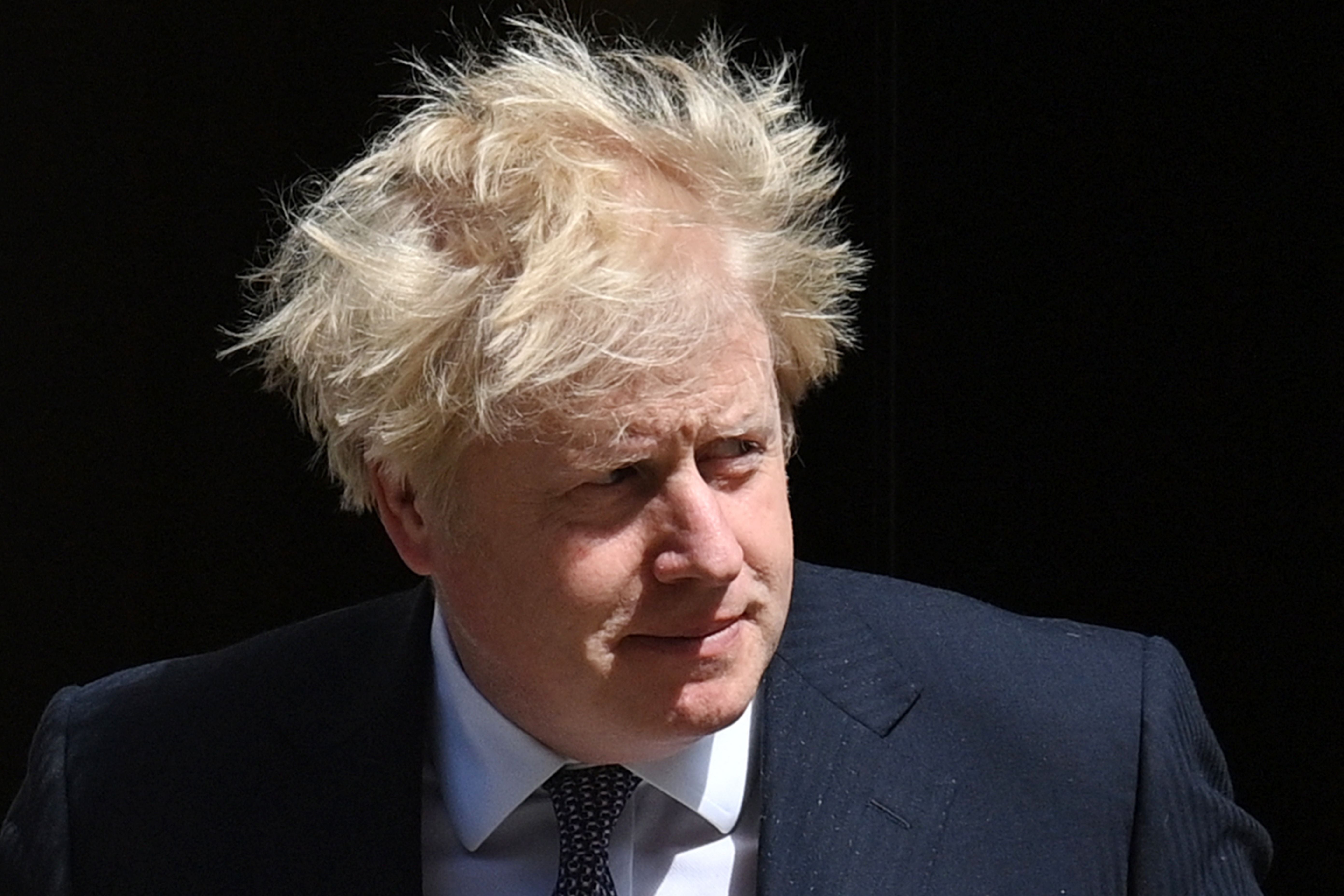Why cutting corners and breaking the rules is all part of the government’s plan
However many examples of cronyism and sleaze is thrown at them, the story is the same – Johnson’s government gets away with it. So, Sean O’Grady asks, why stop now?


Embarrassing? Yes. Unethical or unlawful? Yes. Make any difference? No.
There seems to be a strong pattern, more of a modus operandi, emerging about how this government goes about its business. The latest case, where the High Court found Michael Gove had acted unlawfully in awarding a juicy, half-a-million-pound contract for market research to associates of his, isn’t really anything to be proud about, and even someone so self-consciously shameless about conduct in public office as the cabinet office minister ought to be a bit shamed-faced about it.
But we all know that, through experience, ministers have learned there can be a considerable upside to pushing the limits of the customary conventions, rules and even laws beyond breaking point – but little, if any downside. Labour and the press (or parts of it) can shout “sleaze” as much as they wish, but there are no personal penalties to be paid by the ministers concerned, and, apparently, the public seem not to care. After months of scandal after scandal, the Conservatives are winning elections and enjoying double-digit leads in the opinion polls. If anything, it is the Labour Party that is suffering a crisis of confidence.
And so the pattern has been set. Cut corners, bend the rules, break the law, then delay and distract for as long as possible, and then, when the authorities do catch up and tick you off, shrug and move on. An apology or non-apology might sometimes be in order, as when Priti Patel said she was sorry “if anyone felt there have been failings”, but that’s about it. Apart from the bizarre example of Dominic Cummings, no one important has been sacked, and, in point of fact, Cummings wasn’t actually sacked for breaking the lockdown rules but for getting up the nose of Carrie Symonds, the woman he referred to unaffectionately as “Princess Nut Nut”.
Whether it is Priti Patel’s bullying, Robert Jenrick’s unwise intervention in a planning application by Richard Desmond, the shares Matt Hancock had in his sister’s company, David Cameron’s special access to the Chancellor and others, Gove’s market research contract or Boris Johnson’s multiple transgressions (flat refurb, cost of holiday, favouring cronies), the story is the same – they get away with it. Court judgments, damning reports from select committees, the resignation of independent advisers, media investigations, trouble at PMQs, all are simply another cost of doing business the Johnson way, an occupational hazard, if you will, in the pursuit of personal objectives. The rewards are great, the costs slight.
The reasons for this imbalance are not difficult to discern. The UK has an unusually powerful executive, with few real limits on its freedom of manoeuvre if a wilful government with a large parliamentary majority chooses to abuse them. The opposition, excepting in Scotland, is weak and in disarray. Independent centres that usually act as checks and balances are bullied by the “people’s government” – the courts, the BBC, the media generally.
In the circumstances of a pandemic the perfect alibi presented itself – the need to respond to covid, acting immediately and doing the superfluous paperwork afterwards – “action this day” as Churchill used to stamp on his most urgent orders. As Dominic Cummings pleaded in his witness statement in the Gove case, “Thousands of lives were at stake, hundreds of billions of pounds were at stake. The extra money spent on doubling the focus groups and polling was essentially irrelevant in those circumstances.”
The other factor is that the public may have lost their sense of outrage about such behaviour. With the very obvious exception of the Cummings/Barnard Castle affair a year ago, the details of the rest of the various episodes seem to have left them cold. It might be the warm glow of our (possible) summer of freedom approaching, the runaway success of the vaccine programme, or that a cynical electorate, from long experience, actually expect nothing better from their rulers, or a combination of all these things.
After the MPs expenses’ scandals, the revelations about sexual harassment and continuing abuses of power nationally and locally, some voters may have discounted the fact that politicians enjoy their perks, and that the Conservatives aren’t any better or worse than any other party’s elected representatives. For whatever reason, British politics somehow feels a bit less honest these days.



Join our commenting forum
Join thought-provoking conversations, follow other Independent readers and see their replies
Comments